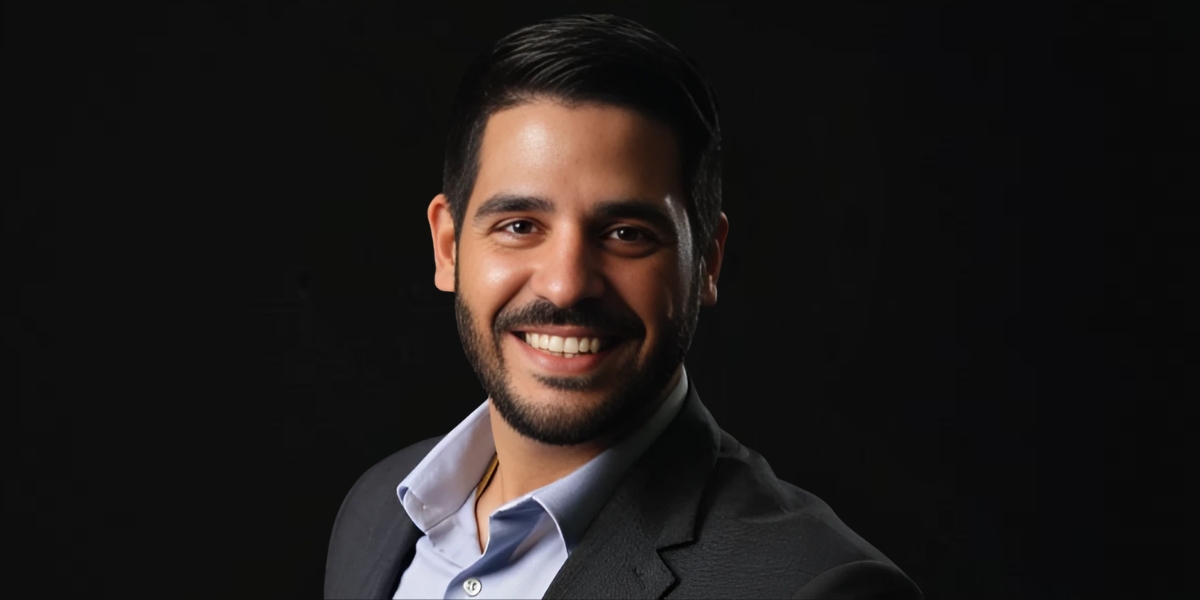Fort Lauderdale’s commercial corridors have widened over the past decade as tourism, construction, and migration of tech entrepreneurs brought fresh capital into South Florida. Professional services followed, filling the demand for compliant accounting, bookkeeping, reliable tax planning, and sharper payroll and HR oversight. In that crowded field, a seven-year-old practice called SMAART Company has attracted consistent attention. Observers now point to the firm’s credentials, service breadth, and expansion tactics as signposts for a reconfigured regional accounting sector that increasingly blends advisory functions with automation reach.
SMAART’s public face and CEO is Ray Dominguez, a professional accountant with an Enrolled Agent license before the Internal Revenue Service, the authority to represent clients in the United States Tax Court, and an Investment Adviser Representative registration. Dominguez’s multipronged certification list situates him at the intersection of accounting, taxation, asset management, and risk mitigation—a vantage point rarely combined under one individual. Day-to-day strategy and operations fall to Chief Operating Officer Gus Gonzalez, whose background in software consultancy and systems automation steers the company’s process architecture. Independent award panels have acknowledged the approach. SMAART Company secured “Accounting Firm of the Year” in 2021, while Dominguez appeared in Marquis Who’s Who in America the following year, recognitions that mark external validation rather than marketing self-promotion.
Many South Florida accounting firms retain a narrow mandate: compile ledgers, file annual tax returns, finish payroll. SMAART Company departs from that model by folding insurance brokering, commercial loan facilitation, and retirement planning into the same workflow. A startup that completes company formation through the firm can later use the same company for services to request quarterly estimated-tax calculations, revisit risk-mitigation reports, and initiate a commercial lending application. The internal logic is efficiency: a single point of interaction that feeds several compliance calendars and financial checkpoints. Traditional practices often coordinate those tasks across discrete vendors, extending timelines and multiplying fees, whereas SMAART houses them in one structure governed by integrated staff.
Verified Google reviews show a five-star rating, an unbroken sequence since the firm’s listing appeared in 2018. Qualitative comments reference response speed, transparency during audit representation, and continuity across multi-year engagements. High retention feeds a secondary engine: client referrals that account for just under half of new engagements, lowering acquisition costs and supporting selective scaling rather than volume chasing.
Remote financial statement preparations accelerated during the pandemic, but SMAART Company had already deployed cloud-based ledgers in 2018, its founding year. Each client receives access to a secure portal that houses their books, payroll, state sales-tax liabilities, and archival audit documents like receipts and important agency communications. SMAART Company’s fractional-CFO service parses accounting, payroll, and other financial feeds for companies without dedicated controllers and distributes monthly management letters to clients. The arrangement reduces manual paper-pushing and bank reconciliations for clients, and positions the firm less as a timesheet curator and more as a valued advisor.
The new headquarters on Andrews Avenue now anchors a network that files returns in every U.S. state and several territories. Expansion has come less from branch openings and more through selective acquisitions. In 2023, SMAART Company finalized an acquisition of a legacy, Fort Lauderdale-based, community association management and accounting firm. That arrangement has drawn notice from mid-tier competitors seeking scale yet reluctant to forfeit personal identity.
Corporate philanthropy appears in the public record through a naming agreement at Keiser University, where the campus eSports venue now carries the “SMAART Company Arena” designation. The partnership funds scholarships for accounting, business, and IT students, reflecting the firm’s preference for measurable returns even in community programs.
Leadership confirmed last year that preliminary steps toward an initial public offering are underway. Legal counsel is drafting documentation aligned with Sarbanes-Oxley internal-control standards, and auditors from an external Big Four firm have begun due-diligence testing. While no filing date has been announced, analysts who follow regional professional-services listings note that SMAART Company’s diversified revenue sets it apart from single-line competitors that struggled post-listing. Dominguez has publicly stated that shareholder accountability will not alter the company’s boutique orientation, describing the goal as “broad ownership, narrow focus.” Whether public markets will reward that stance remains to be seen, yet the preparatory disclosure already positions SMAART Company in discussions about next-generation accounting firms.
SMAART Company illustrates how smaller firms can redefine service parameters without losing regional anchors, from licenses that cross the spectrum of taxation and investment to a multi-channel technology stack that compresses turnaround times. Awards and acquisition outcomes provide measurable support for claims of operational strength, while five-star public feedback underscores consistent delivery rather than advertising rhetoric. For Fort Lauderdale’s broader commercial landscape, SMAART Company’s trajectory offers a real-time case study of how modern accounting outfits may recalibrate expectations about scope, scale, and community role—thereby setting new benchmarks against which the sector will measure itself.









